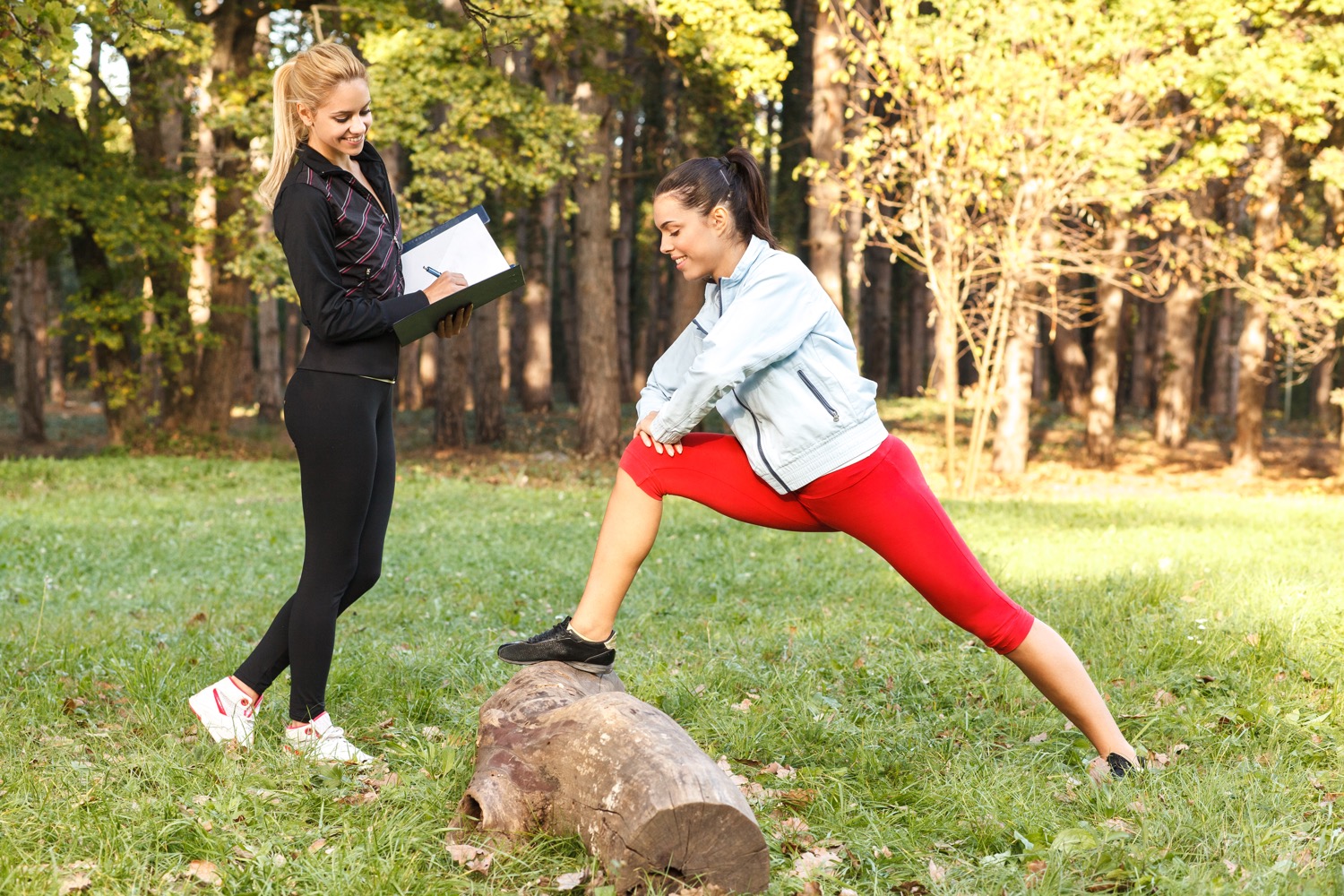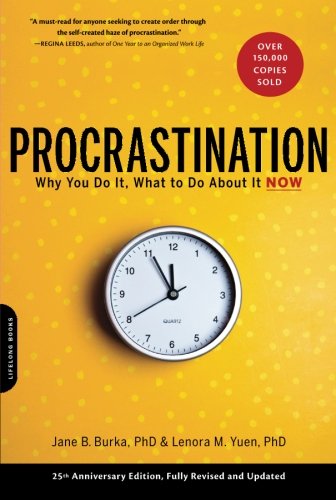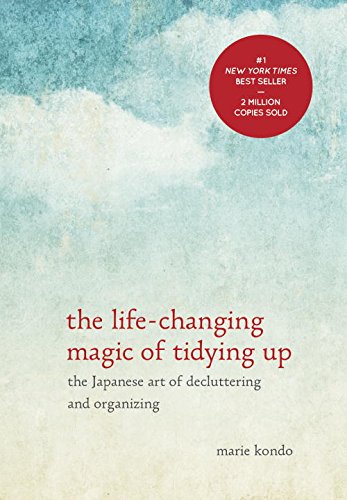Don't you like getting survey results? It's like getting the punchline to a joke or solving a puzzle. Basically you get to compare your anticipation of the results with the actual results. It's even more fun when the results you get are unexpected.
Many thanks to those who took the time to complete the survey. The number is small, but it is more than last survey I ran.
Here are the key results:
- Approximately three quarters of respondents felt that their health was only somewhat where they wanted it to be.
- The biggest health challenges were divided almost equally across nutrition, fitness, weight, and stress.
- Most everyone who took the survey took the time to write a bit about the biggest obstacle to health maintenance. Time was the most common theme expressed in a variety of different ways. Some people referred to the time demands of their job, partner, kids, house and pets. I doubt very much that these things are ever going to go away. In fact, I hope all of us always have jobs, partners, kids, houses and pets. It sounds to me that concerted improvements in time management would be helpful across the board.
- Respondents were uncertain and vague when asked open ended questions about what would help them the most with there health. However when given a choice of specific set of health related products, they were able to clearly choose what would help them the most. This is where the surprise came. It wasn't a product at all. Far and away the most often chosen product was a "health coach."
Fairly recently I ran into a physician friend of mine who I thought had retired. It turns out she had actually gotten certified as a health coach. She is loving it and and really feels like she's making a difference in her patients' lives. So after I saw the results of my survey I called her up to find out a little bit more. It turns out that health coaches are probably the next big thing in preventive medical care.
It turns out that there quite a few health coaches out there and it turns out there are a lot of courses you can take in person and online by a great many certifying organizations to become one. However, only one organization is approved by the American College of Sports Medicine, the Wellcoaches School of Coaching. (wellcoachesschool.com) It is an evidence based program which uses up to date behavioral, exercise and fitness science to help people improve their life and their health. Luckily for us, my friend was certified in this manner. She works at out local fitness center.
All well and good. But I called her later and grilled her about insurance coverage for such services. It turns out that, yes, many insurances do cover some health coaching, which struck me as a pleasant surprise. So I am going to start utilizing her and her team for my patients. I and many other doctors do a lot of office based health coaching, but in the setting of providing specialized medical care I can only give health coaching a limited focus.
I wonder about those without insurance, those with high deductibles, and those with insurance that does not cover health coaching. I still would like to know what resources would be helpful to people who wish to, in effect, be their own health coach. What do you think ?







































